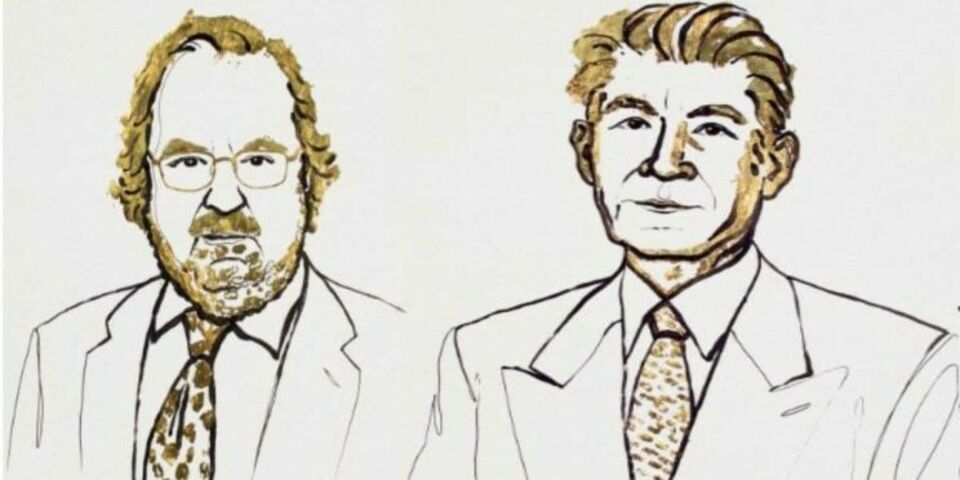Nobel Prize in Medicine for discovery of brake on immune response
This year’s Nobel Prize for Physiology or Medicine is going to two researchers who have found a way to disable the molecular inhibition of the immune response to cancer cells: the American James P. Allison and the Japanese Tasuku Honjo. Over the last few years this form of immunotherapy has achieved spectacular results. Various scientists at TU/e are involved with related research into immune responses.
Luc Brunsveld thinks it is fantastic that the Nobel Prize is going to these winners, as the TU/e Professor of Chemical Biology says when asked. “I have on occasion been critical of the Nobel Prizes, but this award is fully justified. That they were bound to receive it at some point was a no-brainer as far as I’m concerned, especially now that immunotherapy has shown such spectacular effects in recent years.”
Brunsveld himself is also involved with the development of medicine at molecular level. The developments that were put in motion by Honjo and Allison actually have a relation to his own work, he explains. “You see that there is an entire class of treatments emerging on the basis of antibodies. All the big companies are getting into clinical studies, to such an extent that they are short of patients, so to speak. That affects the whole field of research.”
Independently of each other both Nobel laureates discovered two different proteins that act as brakes on our defense mechanism. In healthy persons these proteins prevent the defense system from being attuned too sensitively, leading to so-called auto-immune diseases, where endogenous cells are being attacked. With cancer, on the other hand, removing this molecular brake can give a wide berth to our body itself to eradicate tumors. This proves to work strikingly well in a portion of the cancer patients, including formerly hopeless cases. Admittedly, a disadvantage of this immunotherapy is the great risk of severe side effects.
At TU/e various scientists are involved with research that is related to the work conducted by Allison and Honjo. In addition to Professor Luc Brunsveld, these include Assistant Professor Jurjen Tel, Associate Professor Tom de Greef and Professor Maarten Merkx.


Discussion